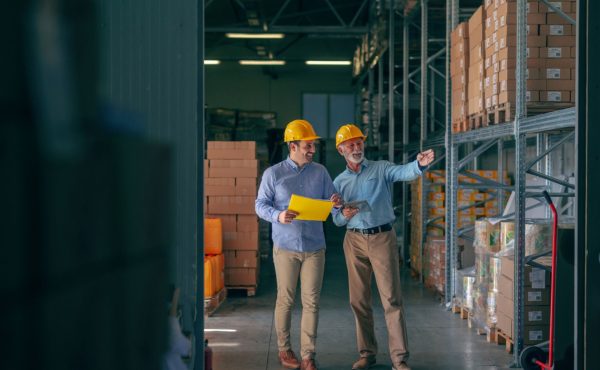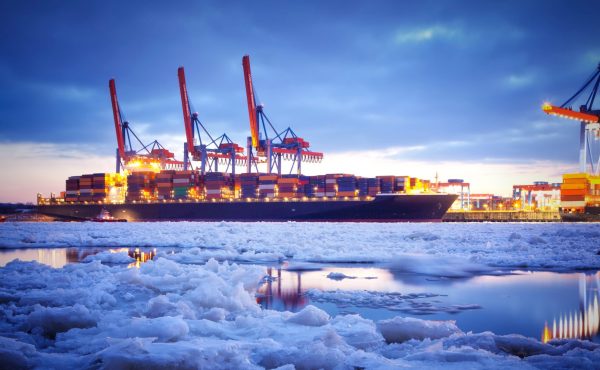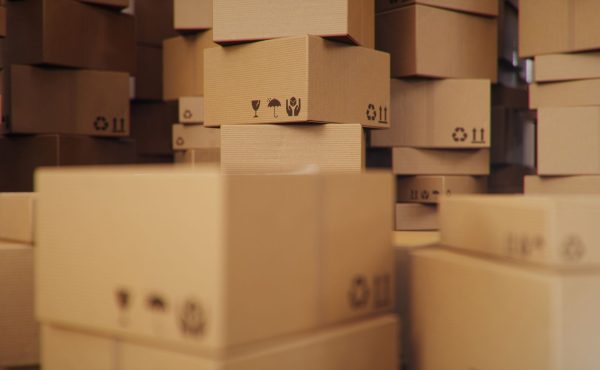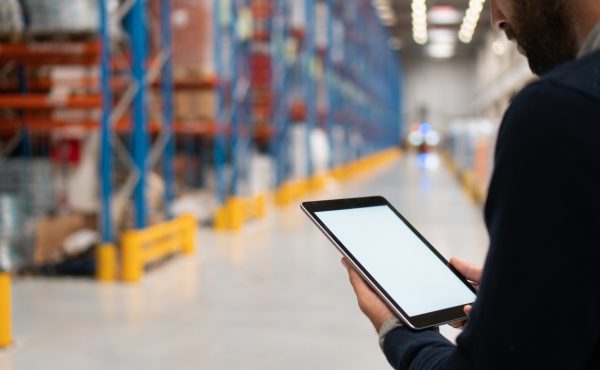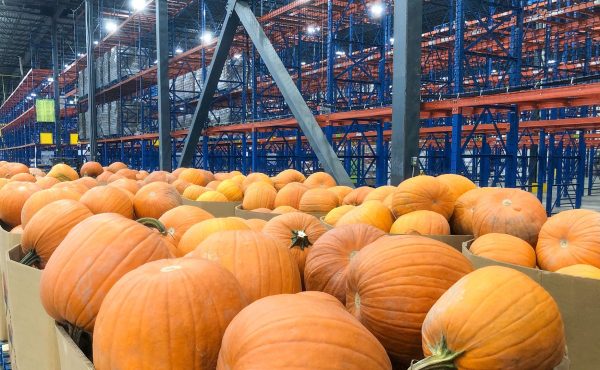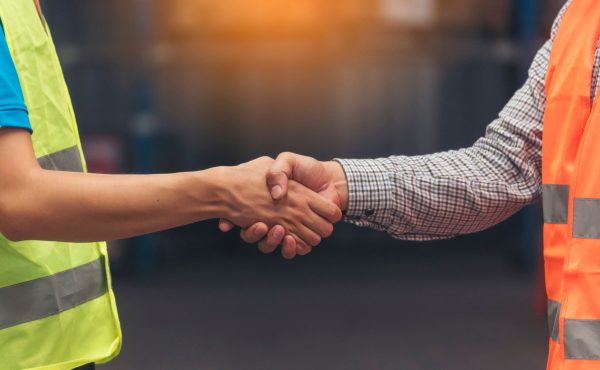Key factors for exporting industrial waste in compliance with international regulations
Caring for the planet is a global priority. Properly managing industrial waste not only helps conserve natural resources but also helps mitigate climate change. This waste, generated in production processes, can become a threat to the environment if it is not treated correctly.
Industrial waste consists of a wide range of materials that are classified according to their composition and origin. The main types include hazardous waste, which includes chemical substances, toxic products or materials that pose a significant risk to health and the environment; non-hazardous waste, which is solid or liquid waste that does not pose an immediate risk; recyclable waste, which can be reused as glass, metals or cardboard; organic waste, which can be converted into compost or biogas; and non-organic waste that requires special treatment, such as heavy metals or construction debris.
Each type of waste requires specific treatment and transportation to guarantee it is handled correctly. Exporting industrial waste in an efficient and compliant manner requires that certain key steps be taken:
- Proper waste classification: Identify the type of waste, determine its hazard, and document the chemical and physical characteristics of the material.
- Compliance with international regulations: knowing and applying the regulations established by agreements such as the Basel Convention on the Control of Transboundary Movements of Hazardous Wastes and their Disposal. As well as respecting the national laws of the countries involved in the transit and destination of the waste, legislation such as the REACH regulation, ADR regulations and the MARPOL convention must also be taken into account.
- Accurate documentation: ensure that you have export permits, waste certificates and transportation contracts, and prepare detailed reports on the origin and composition of the waste.
- Specialized transportation: use approved containers and vehicles from logistics companies with experience in this field to guarantee security during transportation.
- Efficient customs management: accelerating waste clearance by properly preparing for customs procedures and ensuring compliance with required inspections and controls.
- Monitoring and traceability: implementing systems to monitor the transportation of waste in real time and recording each stage of transportation to ensure the traceability of the process.
A company that specializes in international waste transportation
At Logisber, we help businesses export industrial waste. We take a comprehensive approach to international waste transportation, providing customized and sustainable solutions. From waste classification to customs management, we ensure a streamlined, secure process that complies with international regulations.
Categorías
Compartir



